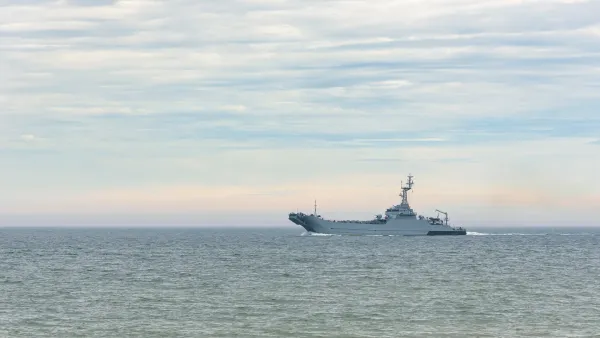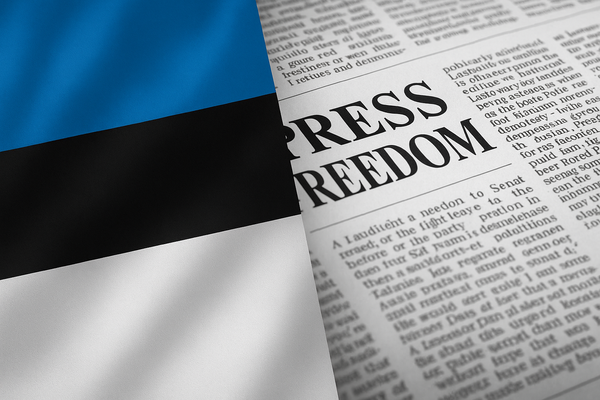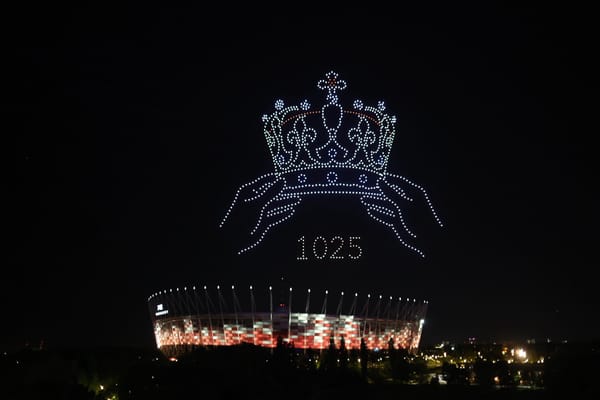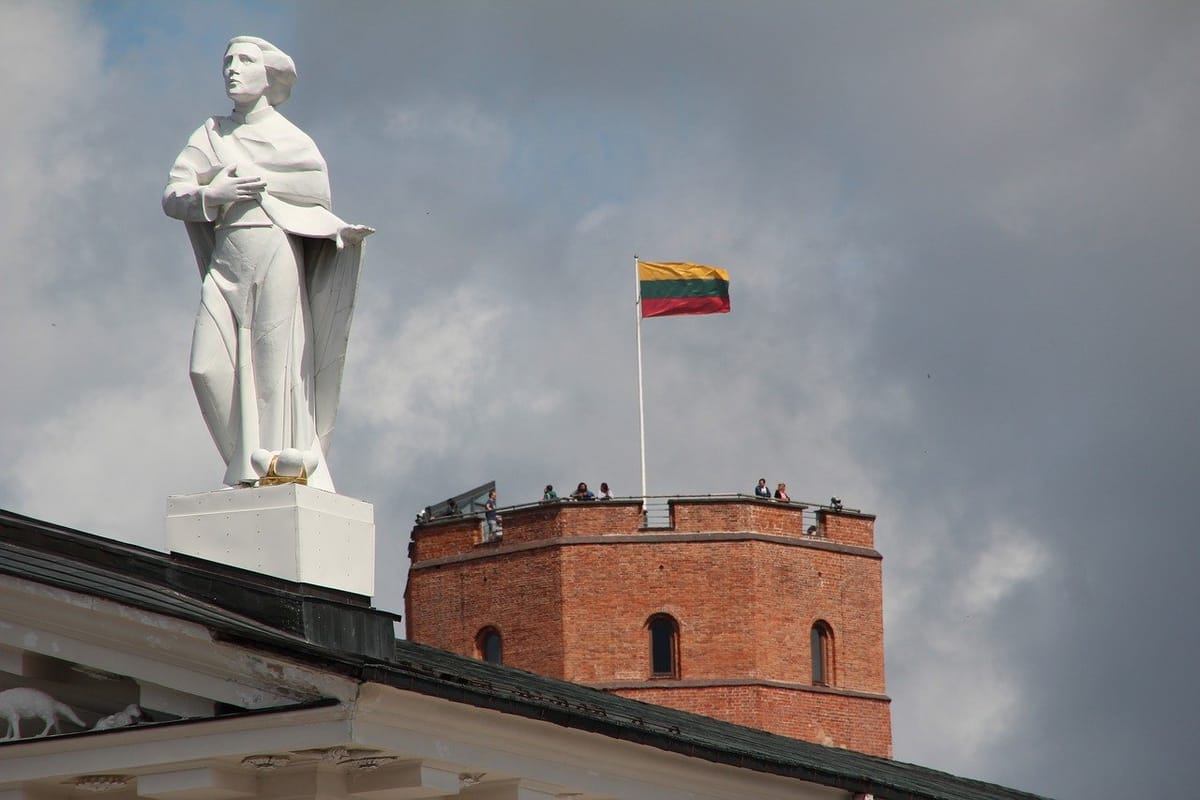
Incoming Lithuanian PM prioritises defence
Lithuania’s new Prime Minister Gintautas Paluckas plans to increase the country’s defence spending to 3.5% of GDP in response to security concerns, he announced as he took office on Thursday, 21 November.
MPs in the Baltic country’s parliament, the Seimas, confirmed Paluckas, 45, as the country’s new prime minister, after the Social Democrats’ October electoral victory, with 88 in favour, 36 against, and 6 abstaining.
Paluckas’s appointment reflects the electoral gains made last month by the Social Democrats (LSDP), the Democratic Union “For Lithuania,” and the Nemunas Dawn party, which now control 86 of the 141 seats in the Seimas in a coalition.
New PM pledges NATO spending hike
Lithuania currently spends on defence 3.2% of its GDP, or around EUR 2.5bn; above and beyond its 2% commitment as a NATO member. Speaking on TV, Paluckas said costing the new military division planned for 2030 will be key.
However, Lithuania’s public debt is projected to hit 43.2% of GDP next year, raising concerns regarding the sustainability of increased military spending. Paluckas said tax reforms will be required to build a dedicated defence fund that balances fiscal stability and national security, and the draft state budget for 2025 will be revised to accommodate the spending hike, which will require additional borrowing.
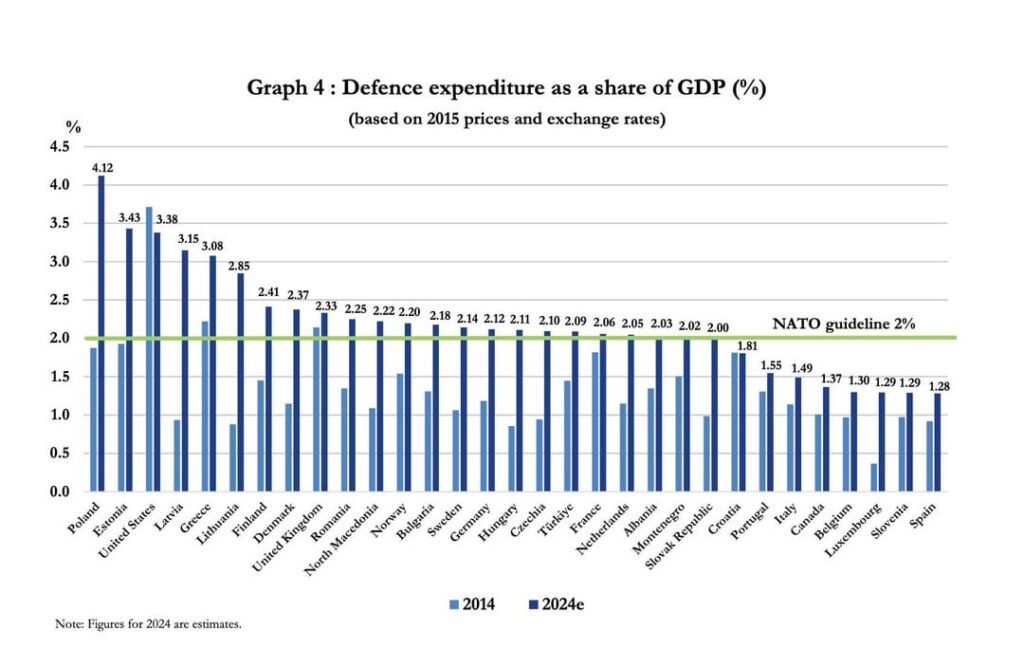
EU, China, Russia on foreign policy radar
For his part, Lithuanian President Gitanas Nauseda has floated the idea of ditching the EU’s “Maastricht criteria”, which stipulates members should keep public finance deficits under 3% of GDP.
Paluckas said his government will maintain current policies on Russia and Belarus. “There should not be any improvisation here,” he said, reflecting a commitment to consensus-based foreign policy. This continuity extends to the sanctions regime against Belarus and Russia, with Paluckas firmly stating that the government will not abandon current sanction packages, despite debates on their effectiveness.
However, Paluckas has said he intends to restore ambassadorial ties with China, strained since 2021, aiming for pragmatic engagement without excessive concessions.
Nauseda nominated computer scientist Paluckas after LSDP leader and MEP Vilija Blinkeviciute declined the premiership. Paluckas has been given 15 days to form a cabinet and present his government programme to the Seimas for approval. After his confirmation, he met with Nauseda to begin discussions on ministerial appointments.
PM likely to face domestic, foreign-policy challenges
Lithuania’s new premier will face challenges beyond balancing defence commitments with fiscal prudence: he was recently accused of having a conflict of interest after meeting importers of fertilisers from Belarus.
Early on Monday, 25 November, reportedly one person was pronounced dead and two injured passengers were taken to hospital after a plane carrying four people was reported to have crashed in the Lithuanian capital of Vilnius.
Authorities said the plane fell on a two-story residential building, causing a huge fire. Rescuers freed the pilot from the cockpit, and he regained consciousness. According to preliminary information, the plane was travelling to Vilnius from Leipzig, east Germany, for courier DHL.
Paluckas’s appointment came the same week the Lithuanian Prosecutor General’s Office launched a terrorism investigation regarding damage to a Baltic Sea cable connecting the country with Sweden on Sunday, 17 November, after Lithuanian telco Telia Lietuva confirmed the incident. Although Lithuanian politicians openly suspect Russian sabotage, The Kremlin dismissed these claims as “absurd”.

